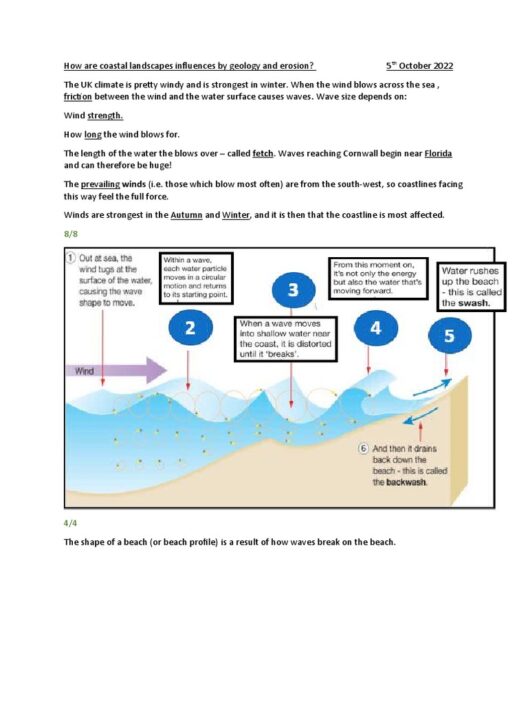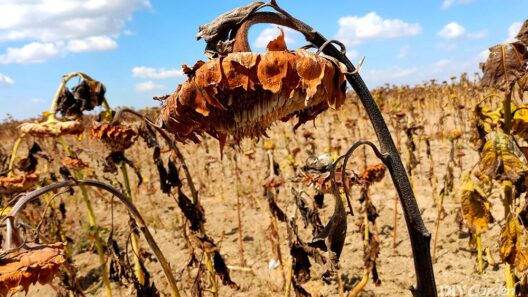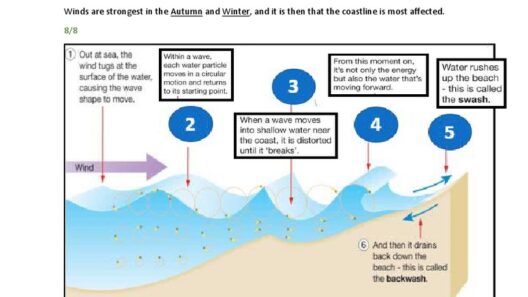Michigan, a state celebrated for its vast freshwater lakes and rich natural resources, is not immune to the overarching consequences of global warming. The endemic climate changes manifesting within this region have profound implications for the ecological and socio-economic fabric of the area. Understanding the local impacts is crucial for residents, policymakers, and stakeholders alike. This exposition delves into various facets of how global warming uniquely affects Michigan, illuminating the complexities and interconnections of this pressing issue.
First and foremost, temperature fluctuations have emerged as a salient feature of Michigan’s climate narrative. Historically characterized by temperate weather, the state is witnessing an alarming rise in average temperatures. Data indicates that the average temperature in Michigan has increased by approximately 1.5°F to 3°F over the past century. During winter months, this rise is particularly pronounced, resulting in shorter, milder winters. The consequence? Altered ecological rhythms, including earlier spring thaws and extended growing seasons. This phenomenon disrupts the life cycles of local flora and fauna, leading to a cascade of ecological repercussions.
Pertinent to this discourse is the impact on Michigan’s agriculture. The agricultural sector, a cornerstone of the state’s economy, is particularly vulnerable. While warmer temperatures and a lengthened growing season may superficially seem beneficial, the reality is more complex. Increased heat can lead to crop stress, particularly for cold-sensitive varieties. Concurrently, the frequency of extreme weather events—such as prolonged droughts and intense storms—creates a precarious environment for farmers. Crop yields may experience volatility, threatening not only economic stability but also food security for local communities.
Water, a critical resource for Michigan, is also under siege by climate change. The Great Lakes, which constitute one of the largest freshwater systems on the planet, are witnessing alterations in water levels and temperature. Warmer temperatures can lead to increased evaporation, diminishing water levels in lakes and rivers during crucial periods. Such changes threaten aquatic ecosystems, including the myriad species of fish that depend on stable water conditions. Furthermore, the health of local communities is jeopardized as water scarcity challenges access to safe drinking water. Michigan has faced issues of water contamination, and exacerbation of these challenges could lead to severe public health crises.
In addition to agricultural impacts and water scarcity, the health of Michigan’s residents stands at the forefront of concerns. Rising temperatures contribute to the proliferation of vector-borne diseases, such as Lyme disease, with ticks thriving in warmer climates. Furthermore, poor air quality, exacerbated by hotter days, can intensify respiratory ailments like asthma. Vulnerable populations, including children and the elderly, face heightened risks. The intricacies of public health and climate change underscore the need for comprehensive health initiatives and adaptive strategies in the face of an evolving environment.
Moreover, the intricate relationships between biodiversity and climate necessitate scrutiny. Michigan’s unique ecosystems—forests, wetlands, and grasslands—are already experiencing shifts in species distribution. Native species face increasing competition from invasive species that are more resilient to climate variability. The potential loss of biodiversity could lead to the destabilization of ecosystems, reducing resilience against diseases and pests, while impairing the natural services that these ecosystems provide, such as carbon sequestration and water filtration.
The cultural and recreational dimensions of life in Michigan are also at risk due to global warming. The state’s identity is intricately tied to its natural landscapes—whether it be fishing, hunting, or enjoying the picturesque autumn foliage. Changes in climate could disrupt traditional practices and seasons, impacting tourism and local economies reliant on outdoor activities. The shortening of winter recreation seasons, from ice fishing to snowmobiling, poses a significant threat to businesses and livelihoods that thrive on winter tourism.
Adaptation strategies become integral as Michigan grapples with these issues. Local governments are beginning to respond to the realities of climate change by implementing sustainability initiatives. Enhancing infrastructure resilience against flooding, promoting green spaces, and investing in renewable energy technologies are steps towards mitigating further impacts. Community engagement and education can foster awareness and mobilize grassroots actions to combat climate change at a local level.
Equally critical is the collaboration among local stakeholders, ranging from governmental bodies to non-profits and educational institutions. By fostering partnerships, Michigan can develop comprehensive climate action plans that address both immediate needs and long-term sustainability goals. Innovation in agricultural practices and urban planning can facilitate resilience, allowing communities to better withstand the adverse effects of global warming.
In conclusion, the ramifications of global warming in Michigan underscore a pressing need for collective action and awareness. From the fluctuations in temperature to the threats posed to agriculture, water resources, health, biodiversity, and cultural identity, the implications are vast and multifaceted. Residents must remain informed and proactive, advocating for sound policies and sustainable practices that not only address these challenges but also preserve the unique character of Michigan for future generations. This is not merely a local issue but part of the larger global narrative, highlighting the interconnectedness of our climate and the urgent necessity for collaborative solutions.








